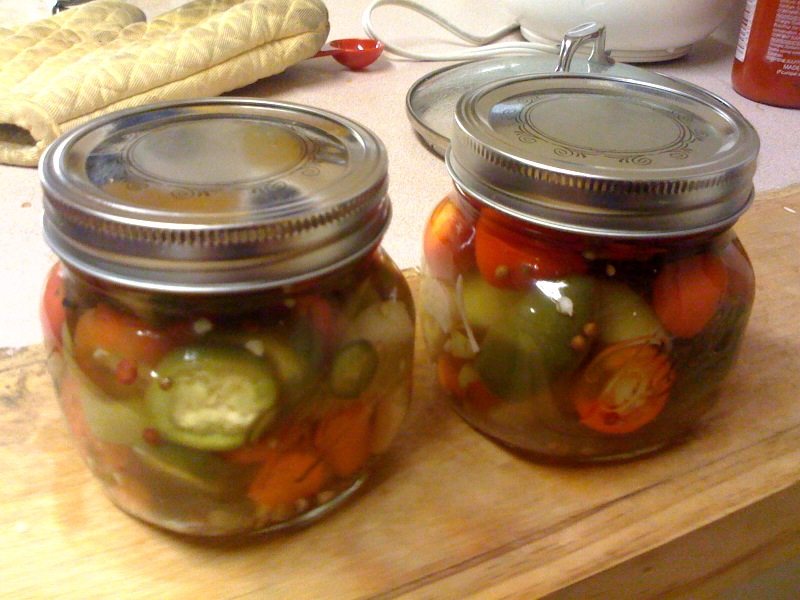How worried should you be after the recent botulism outbreak?
One person died and nine people went to the hospital after recently eating contaminated nacho cheese in California. Officials with the California Department of Public Health (CDPH) reported that the cheese tested positive for the toxin that causes botulism. The CDPH also confirmed that all 10 cases are connected to the same source.
“While there are still unanswered questions about this outbreak, these tragic illnesses are important reminders to be vigilant about food safety,” Dr. Karen Smith, CDPH director and state public health officer, said in a statement. “As we head into the summer barbecue season, both indoor and outdoor chefs need to be on guard against all foodborne illnesses.”
It’s natural to worry about news like this. No one expects to eat something as common as nachos and end up sick—or worse. However, it’s important to know all the facts behind these outbreaks and what we can do to protect ourselves.
So, how much should you worry about botulism?
Current Outbreak Has ‘No Continuing Risk’
First, as far as the most recent botulism outbreak, the CDPH made it clear the public does not need to worry.
“The nacho cheese sauce was removed from sale on May 5. CDPH believes there is no continuing risk to the public,” the agency said in its statement.
Therefore, it looks like this case of food contamination did not spread beyond local consumers and poses no risk to the general public. That’s the good news.
How Common Is Botulism?
The Centers for Disease Control and Prevention classifies botulism as a “rare but serious paralytic disease caused by a nerve toxin produced by the bacterium Clostridium botulinum.” In other words, the bacteria creates a toxin that attacks the nervous system and can cause paralysis or even death.
In 2015, the CDC confirmed 199 cases of botulism and identified another 14 possible cases. Of these reports, only 39 cases were as a result of foodborne botulism. The majority of the reported cases were infant botulism, which occurs when babies ingest the bacteria that causes the toxin.
Honey is one common cause of infant botulism, which is why it should not be given to babies under age 1. Other botulism cases reported to the CDC were the result of wounds, and in some cases, the cause was not known.
Foodborne botulism occurs as a result of improperly refrigerated food. Also, home-canned foods can pose a higher risk for contamination because storage methods may not be as reliable as commercial canning.
If you have home or store-canned goods, the CDC recommends inspecting them for the following before eating:
- Leaking, bulging or swollen cans
- Damaged or cracked cans
- Containers that spurt liquid or foam when you open them
- Food that is discolored, moldy or smells bad
If you find any of these things, throw the cans away immediately and do not eat the food.
Botulism Symptoms
Even though botulism is rare, everyone should know the signs. Early symptoms of botulism include vomiting, double vision, difficulty swallowing and paralysis. These symptoms can show up gradually, so it can be hard to notice them until someone gets quite sick. Of course, anyone with these symptoms should seek medical attention immediately to determine the cause.








